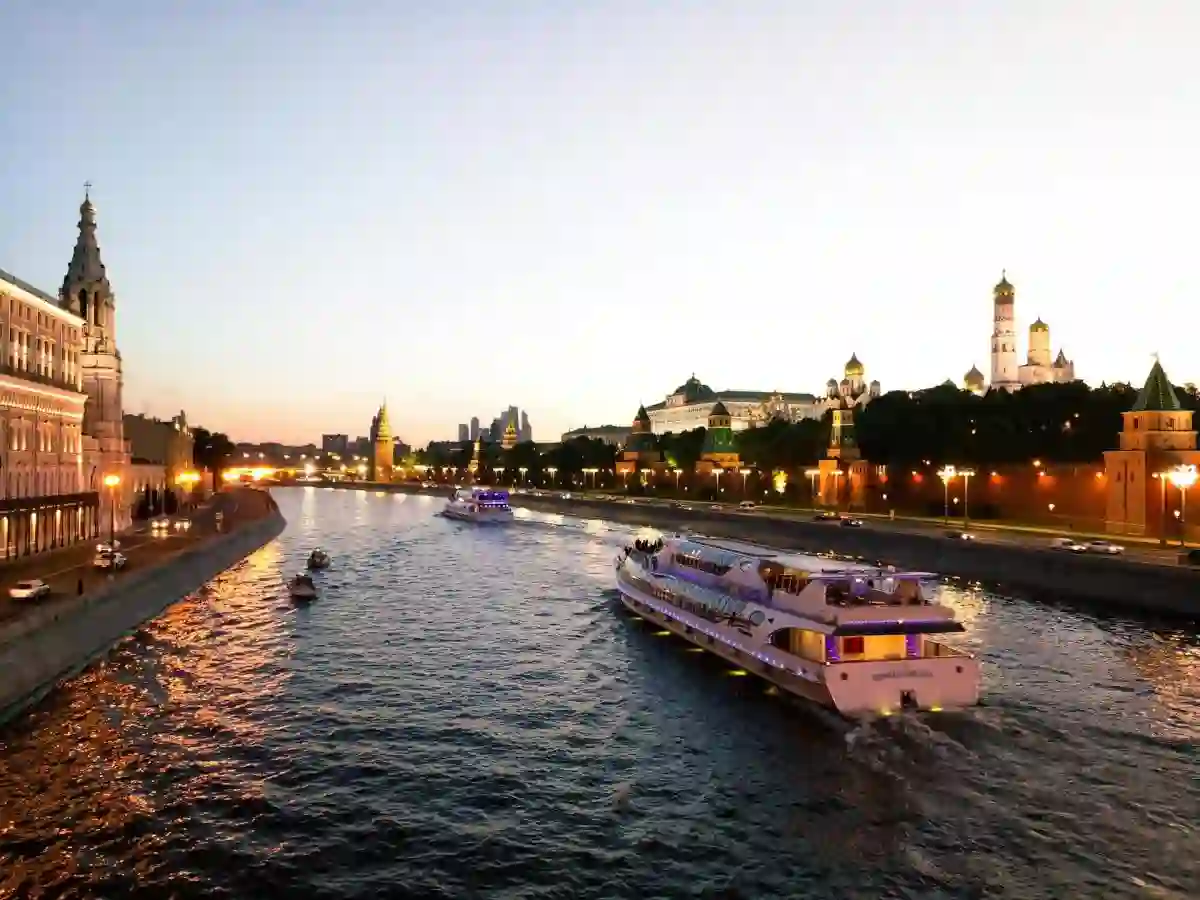As tensions in Europe continue to simmer over the Ukraine conflict and NATO’s growing military posture, a fresh diplomatic storm is brewing—this time between Berlin and Moscow.
Germany’s Defense Minister Boris Pistorius has sparked outrage in the Kremlin with remarks suggesting German troops are ready to kill Russian soldiers if deterrence fails.
The comments, made during an interview with the Financial Times, have not only rattled Moscow but also stirred uncomfortable echoes of Europe’s past conflicts.
Kremlin Reacts with Fury and Historical Warnings
Russia didn’t waste time firing back.
Kremlin spokesman Dmitry Peskov, speaking to Russian outlet RBC, expressed disbelief at Pistorius’s blunt language.
“It’s hard to believe a German official said something like this,” Peskov admitted.
“But unfortunately, that’s exactly what he said.”
He went on to warn that Germany was becoming “dangerous again”—a chilling phrase given the deep scars of 20th-century warfare between the two nations.
Pistorius Doubles Down on NATO’s Military Readiness
In his interview, Pistorius didn’t mince words.
He argued that true peace can only be secured “from a position of strength,” and insisted that NATO forces—particularly those stationed in Eastern Europe—must be prepared for direct confrontation if Russia were to attack.
He praised German troops deployed in Lithuania, saying they were highly trained and fully prepared.
“They know exactly what they’re doing,” he emphasized, singling out the Baltic and Polish borders as strategic frontlines.
Germany Ramps Up Its Military Posture
These comments are just the latest in a series of moves showing Germany’s renewed military assertiveness.
Back in late 2023, Pistorius pledged in Lithuania’s parliament that Germany would become NATO’s backbone in Europe, ensuring quick troop movement from the Atlantic to the eastern front if needed.
Since then, Berlin has taken several steps to beef up its defense posture.
President Frank-Walter Steinmeier even called for the return of military conscription, warning that Europe’s security framework was collapsing.
Chancellor Friedrich Merz echoed the sentiment, vowing to make Germany’s armed forces the strongest in all of Europe.
“Our allies expect this from us — in fact, they demand it,” Merz said in May 2025, outlining plans for new voluntary service programs to boost military recruitment.
Moscow Sees Dangerous Signals in Berlin’s Words
From the Kremlin’s perspective, Germany’s increasingly aggressive rhetoric is more than just talk—it’s a signal of deeper confrontation.
Russian officials are drawing stark parallels with historical conflicts and say the language coming out of Berlin is pushing both sides further away from diplomacy.
Russian officials warned that NATO’s defensive talk is increasingly being interpreted in Moscow as offensive posturing, particularly when paired with boots on the ground so close to Russian borders.
A Growing Divide in European Security
The timing of these tensions is crucial. With the war in Ukraine continuing to shape regional politics and NATO expanding its footprint in Eastern Europe, the stakes are higher than ever.
Germany’s new defense doctrine—centered around strength, readiness, and rapid deployment—has reshaped its role in Europe.
But with that new role comes new risks. The Kremlin sees Germany’s rise not as reassurance, but as a threat—one that’s dragging Europe into deeper polarization.
